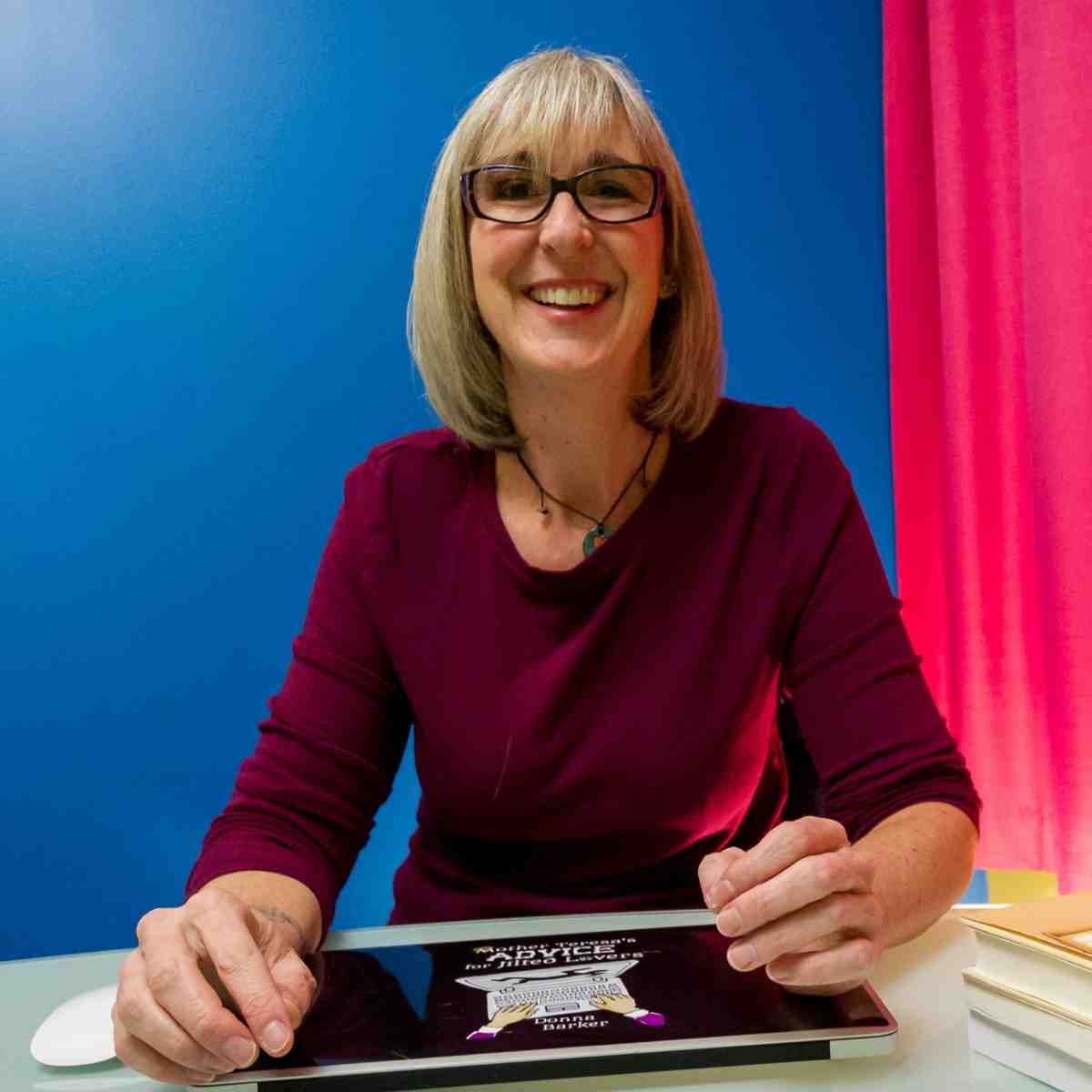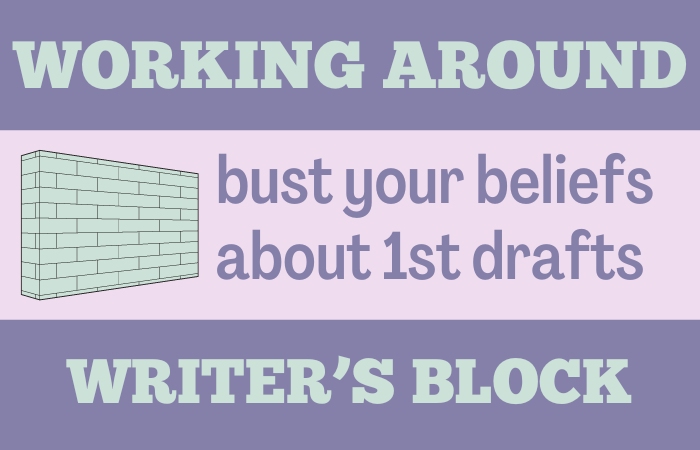I suspect you’ve had the following experience: you’re away from home in an unfamiliar place and you get hungry. You see two restaurants—one is a chain you know well and one is a place you’ve never heard of before. Which one will you eat at?
If you’re like most people, you’ll choose the familiar restaurant even if you know you don’t really like the food.
This psychological phenomenon is called the mere exposure effect and it impacts us in all areas of our life. What it describes is our tendency to develop preferences for things merely because we are familiar with them.
Of course, there are areas of our life where this comes in handy, which any parent of a tantrum-throwing toddler will understand. (For non-parents, I’m suggesting that the mere exposure effect is why parents seem to have a superhuman patience with that inhuman child.)
The mere exposure effect
The mere exposure effect is why product and service advertisers invest so much in making sure what they have to sell is put in front of us as often as possible and why Facebook ads are an investment many authors and online entrepreneurs feel confident spending their money on.
Researchers have shown that the mere exposure effect applies to virtually all areas in our life where we make decisions based on perceptions. This includes everything from choosing to attend a certain school to investing in specific stocks, to both developing strong relationships with people and the opposite, reinforcing our negative feelings about people (or characters in romance novels!) whom we, on first impression, didn’t like.
So, how does this relate to your romantic rough draft?
Think about all the feelings that you have connected to what it means to be a writer and how those feelings are impacting how you feel about your romance novel in progress. Some of those feelings are likely operating from the space of the mere exposure effect.
For instance, everyone knows that “real writers” are created in the likeness of Nora Roberts or Stephen King.
How many times have you read or heard about Mr. Spooky Pants and his writing habit (write every day, write with the metaphorical door closed), and been told that this is the only way to be a writer?
If you’ve read writing craft books and blogs, my guess is dozens of times—enough times to have placed that information in the “it must be true” column of our What We Believe About Writing and Being a Writer part of our brain.
The illusory truth effect
The mere exposure effect is tightly tied to another psychological phenomenon called the illusory truth effect which is our tendency to believe information to be correct after repeated exposure.
Researchers have found that when deciding if something is true or not, people rely on two conditions:
1) whether the information is in line with what they already know, understand and have experienced and
2) whether the information feels familiar.
And, in cases where what you know from experience is in conflict with what’s been repeated ad nauseam, guess which one will override … Familiarity has been shown in many studies to override rationality.
So, back to getting your romantic rough draft written.
You’re very likely facing a double whammy of both having had the experience of it being challenging to sit down and write (which leads your inner critic to nod its head and remind you that it’s been telling you’re not really a writer ever since you had this crazy idea to write a romance novel) and the familiarity of author-after-author saying that any writer worth their words follows a writing schedule that Ebenezer Scrooge would give you full marks for adopting.
Within this context, how can you figure out what the truth is about being a writer and getting your own romantic rough draft written?
The easiest way is to test all the assumptions that you have about writers and writing—assumptions that are very likely false that have been planted in your belief system by mere (over) exposure. Easy as that.
(And, next time you’re out and about and get hungry, remember these psychological phenomena and choose the restaurant you’ve never been to before. You may be delighted with that new experience).
Want to figure out what might be blocking your writing? Try this exercise.
In this exercise you’ll be testing your assumptions about writing, being an author, and how polished your pre-edited writing should be.
You’ll start by answering some questions and writing what you “know” to be true. Then, you’ll analyze those assumptions to see if you can identify where the feeling of the truth of the statement comes from. And finally, for all the beliefs that you decide are truths (for instance, “all writers write”), you’ll try to find one example of a situation where that truth has been proven to be flexible (for instance, some writers dictate their first draft).
Step 1
Give yourself 20 seconds for each question—no more. Set a timer to help you. Leave space beside or below each answer for the Part 2 portion of the exercise.
- When you think of the kind of writer you’d like to be, who pops to mind?
- What does it takes to be a romance author?
- What do you need to do to be a romance author?
- What do you believe about authors in general? What words come to mind?
- How good should a first draft be?
- What do you believe about romance authors who make a living from their writing?
- What traits do successful romance authors have in common?
Step 2
Take your time to answer the following question for each of the answers you wrote down in Part 1 (except for the first one about which authors you imagined).
- Where could that belief have come from?
Step 3
Look at each pair of questions and answers and decide what you choose to believe instead.
- First, determine, is your belief a truth?
- If not, what do you choose to believe instead?
- How can adopting this new belief help you make more steady progress on your romance novel?


